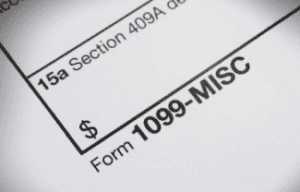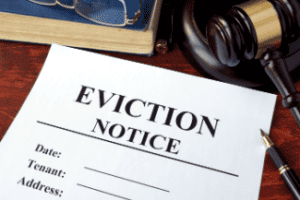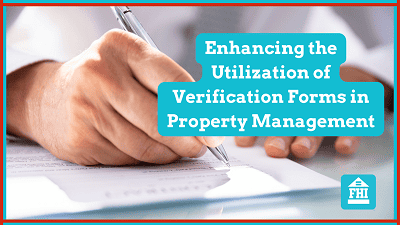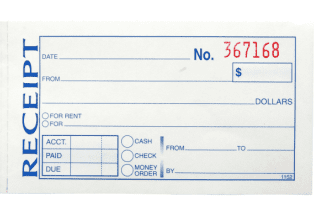The Unfair Late Fee
Robert Griswold
I was surprised and I checked my lease. It says the rent is due in advance by the first of the month and there is no grace period. But there is also no mention of a late fee. I also noticed that the landlord didn’t even cash my check for more than three weeks after she received it.
This doesn’t seem fair and I am thinking that she can’t arbitrarily demand a late fee without disclosing it to me in my lease. What is your opinion?
A: You sound like an ideal tenant and have a valid point. If there is no late charge stated in the lease, then the landlord would have trouble collecting one if she were to pursue the matter in small claims court or a limited jurisdiction court.
I am also surprised that any landlord in today’s economy would immediately charge a late fee to a 12-year tenant who had an impeccable payment history. Most landlords would be thrilled to just have a tenant who pays on time.
Now I certainly understand that in this economy landlords need to be firm to avoid tenants taking advantage or making excuses. But with your track record you certainly don’t seem to be likely to suddenly slip into a bad habit of paying chronically late each month.
A landlord who is more interested in collecting late charges than getting the rent on time is very misguided. The purpose of a late charge is to cover the additional costs that the landlord might incur in collecting the rent — including time spent contacting you as well as the loss of the use of funds — and it certainly serves as a deterrent for most tenants.
But, as you pointed out, your landlord didn’t really incur any additional costs, as she didn’t serve you any legal notices and apparently didn’t suffer any hardship by not having your rent on or before the first of the month — based on her failure to immediately deposit your check.
A more appropriate reaction would have been for your landlord to call you or send you a simple note or letter reminding you that the rent is due on or before the first. She could also modify the lease when it expires and include a late-fee clause if she is concerned about the potential of future late payments.
But since there is no late fee specified in your lease at this time I would suggest that you contact your landlord and politely bring this to her attention. Hopefully, she will realize just how very lucky she is to have such a great tenant who has paid on time for so many years.
This column on issues confronting tenants and landlords is written by property manager Robert Griswold, author of “Property Management for Dummies” and “Property Management Kit for Dummies” and co-author of “Real Estate Investing for Dummies.” E-mail your questions to Rental Q&A at [email protected]. Questions should be brief and cannot be answered individually.
Copyright 2010 Inman News
American Apartment Owners Association offers discounts on products and services for landlords related to your rental housing investment, including rental forms, tenant debt collection, tenant background checks, insurance and financing. Find out more at www.joinaaoa.org.















 Accessibility
Accessibility